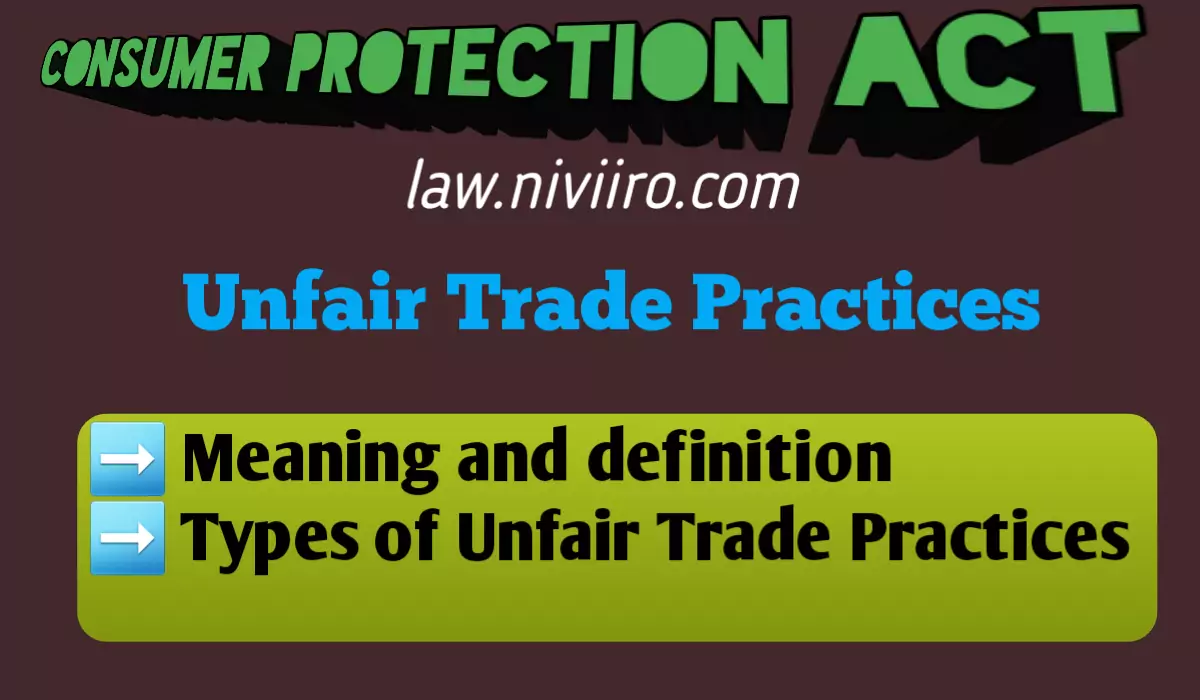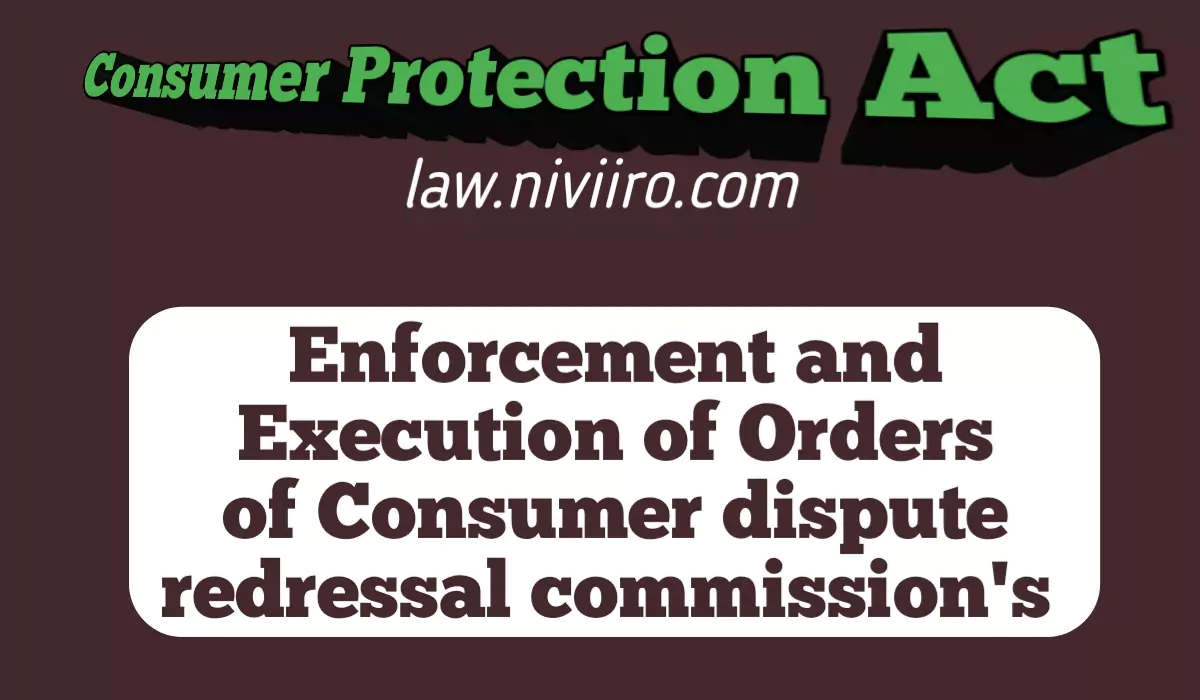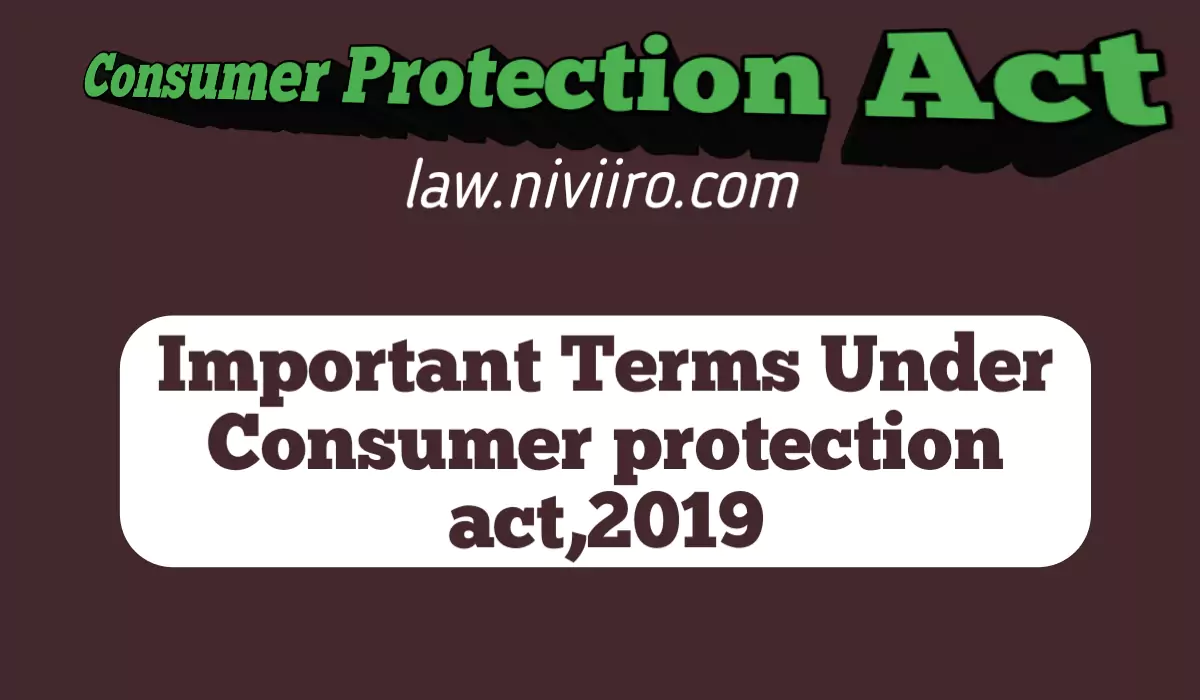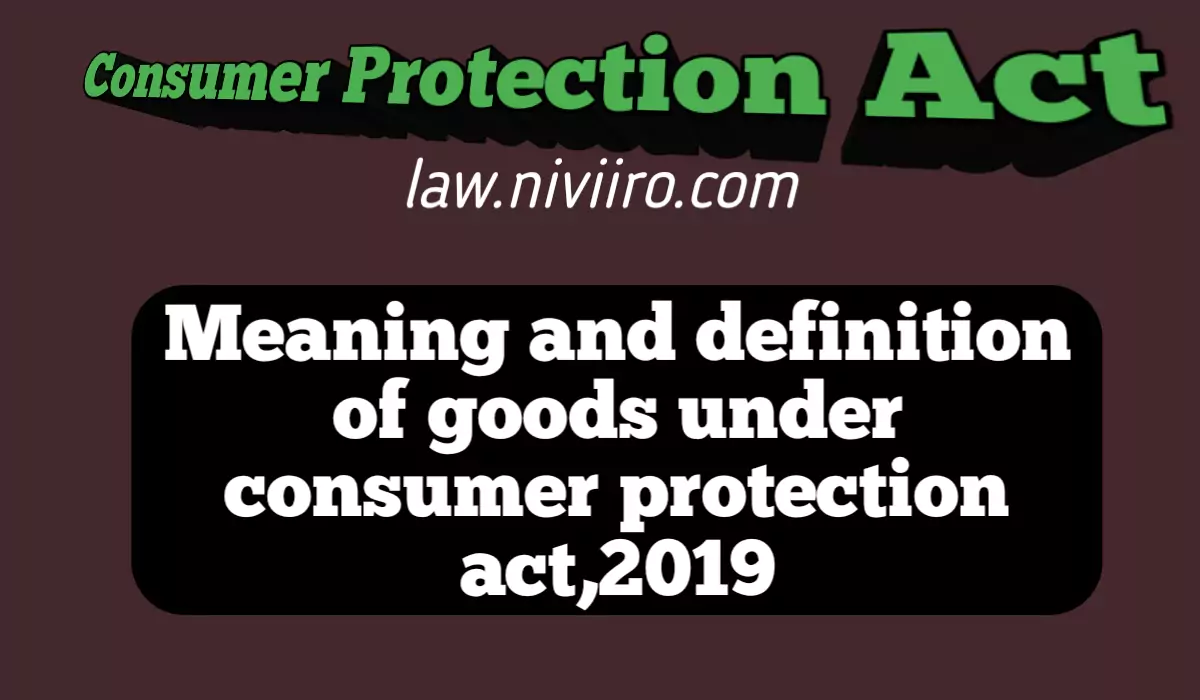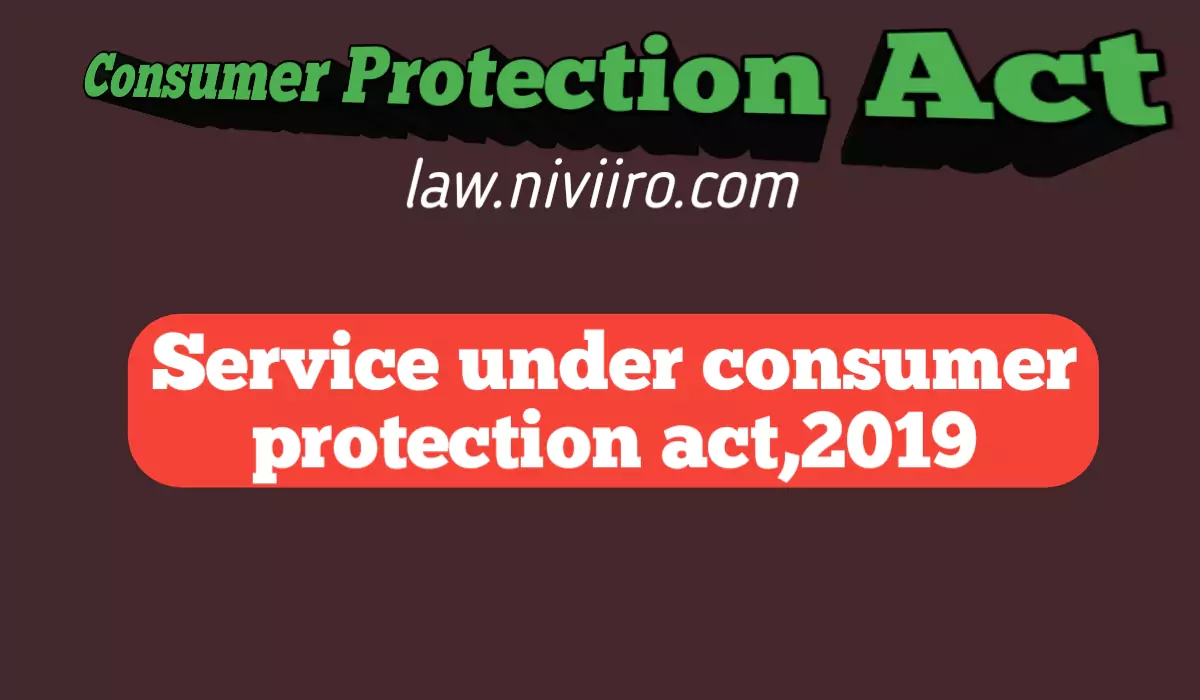Definition – Unfair trade practice refers to as a trade practice that adopts any unfair method or deceptive practice for the purpose of promoting the sale, use, or supply of any goods or services.
Meaning – Unfair trade practices refer to the use of various deceptive, fraudulent or unethical method to obtain business. Unfair business practices include misrepresentation, false advertising, tied selling, deceptive pricing and non-compliance with manufacturing standard. Such acts are considered unlawful by statute through the consumer protection laws.
Consumers who have been victimized by unfair trade practices can seek recourse by suing for compensatory or punitive damages. Plaintiffs do not have to prove intent; showing that the practice itself was unfair or deceptive is enough.
In 2019, Johnson & Johnson was ordered by an Oklahoma judge to pay $572 million for its role in fueling the state’s opioid crisis through deceptive marketing practices.
In Pepsi Co. Inc. v. Hindustan Coca Cola Ltd., 2003, Delhi High Court held that there are certain important factors that are to be kept in mind in case of disparagement which are; manner of commercial intent of advertisement and its impact on consumers’ minds.
Examples –
Predatory pricing – Predatory pricing occurs when a company lowers its prices below cost in order to drive competitors out of business.
Bait and switch – Bait and switch occurs when a company advertises a product at a low price but then tries to sell the customer a more expensive product.
Categories regarding Unfair Trade Practice –
Following categories of trade practices have been classified as unfair trade practices –
- False representation or misleading claim/advertisements whether made orally or in writing or visual.
- Bargaining sales, where the price of goods differ one buyer to another buyer.
- Attempt to make temptation by offering to prizes etc.
- Non-compliance of product safety standard.
- Hoardings or destructions of goods, or refusal of selling the goods, intended to raise the cost of goods or services.
However, increase in service charges not fixed by law is not an unfair trade practice and it does not constitute a consumer dispute.
1. Misleading advertisement and False representation (Unfair Trade Practices) –
Misleading advertisement – According to Section 2(28) the term “misleading advertisement” in relation to any product or service, means an advertisement, which –
- falsely describes such product or service; or
- gives a false guarantee to, or is likely to mislead the consumers as to the nature, substance, quantity or quality of such product or service; or
- conveys an express or implied representation which, if made by the manufacturer or seller or service provider thereof, would constitute an unfair trade practice; or
- deliberately conceals important information.
False representation – The practice of making any written statement or representation which –
- Falsely suggest that goods are of a particular standard, quality, quantity, grade, composition & model.
- Falsely suggest any rebuild, second hand, renovated, reconditioned or old goods as new goods.
- Represents that a seller or the supplier has a sponsorship or approval or affiliation which he does not have. E.g. Paytm (during demonetization)
- Makes a false or misleading representation considering the need for, or the usefulness, any goods or services.
- Gives any warranty or guarantee of the performance, efficiency as length of time of the goods that is not based on adequate as proper test.
2. Unsafe and Hazardous products (Unfair Trade Practices) –
Unsafe and hazardous products are goods that are not safe and cause death, injury, or property damage.
Producers, importers, distributors, and retailers of goods may be held liable under CPA for any harm caused by the supply of unsafe goods, product failure, a defect or hazard in the product, inadequate instructions for the use of goods, or warnings related to any possible hazards associated with the product.
The CPA holds makers of defective products strictly liable for any injury caused by those products. This means that persons who are injured as a result of defective products do not have to prove that the manufacturer was negligent. It is only necessary to demonstrate that the goods were defective and that the product was most likely the cause of any harm or damage.
Consumer items must be secure when they are sold. If they cause death, injury, or property damage and are not safe, the manufacturer, retailer, and/or anybody else in the supply chain may face a compensation lawsuit.
3. Bargain Price (Unfair Trade Practices) –
“Bargain Price” defined as a price stated in any advertisement to be a bargain price, by reference to an ordinary price or otherwise, or a price that a person who reads, hears, or sees the advertisement would reasonably understand to be a bargain price having consideration to the prices at which similar goods or services are ordinarily marketed. In simple words, it is a cheaper price than the normal selling price of comparable goods or services.
The CPA attempts to protect consumers from unfair trade practices and to prevent traders from exploiting them. The definition of bargaining pricing helps consumers in determining when they are being offered discounted products or services and whether such discounts are believable. If a trader advertises products or services at a low price but fails to deliver them at that price, the consumer has the right to submit a complaint with the competent body under the CPA.
Consumers must be informed of their rights under the CPA and exercise caution while making purchases. Before making a purchasing decision, they should confirm that the reported discount prices are genuine and compare them to prices offered by other traders.
4. Falsification of Trademarks (Unfair Trade Practices) –
Falsification of trademarks refers to the act of falsely applying a trademark or making a similar trademark without authorization.
Falsification of trademarks is a cognizable offense under the Consumer Protection Act (CPA). Falsifying a trademark occurs when a person creates a similar trademark or deceptively similar marks without the proprietor’s permission. Under the Trademark Act, 1999, a false trademark is any trademark that is falsified or falsely applied. In any prosecution for falsifying a trademark or falsely applying it to products or services, the accused bears the burden of establishing the proprietor’s consent. Section 103 of the Trademark Act, 1999 defines the penalty for fabricating and falsely applying trademarks. Such actions are punishable by jail and penalties.
Related Post | Unfair Trade Practices
Define Unfair Trade Practices.
Unfair trade practice refers to as a trade practice that adopts any unfair method or deceptive practice for the purpose of promoting the sale, use, or supply of any goods or services.
Write the examples of Unfair trade Practices.
(a) Predatory pricing – Predatory pricing occurs when a company lowers its prices below cost in order to drive competitors out of business.
(b) Bait and switch – Bait and switch occurs when a company advertises a product at a low price but then tries to sell the customer a more expensive product.
Types of Unfair trade practices ?
Following categories of trade practices have been classified as unfair trade practices –
1. False representation or misleading claim/advertisements whether made orally or in writing or visual.
2. Bargaining sales, where the price of goods differ one buyer to another buyer.
3. Attempt to make temptation by offering to prizes etc.
4. Non-compliance of product safety standard.
5. Hoardings or destructions of goods, or refusal of selling the goods, intended to raise the cost of goods or services.
What do you mean by misleading advertisement?
According to Section 2(28) the term “misleading advertisement” in relation to any product or service, means an advertisement, which –
(i) falsely describes such product or service; or
(ii) gives a false guarantee to, or is likely to mislead the consumers as to the nature, substance, quantity or quality of such product or service.
What do you mean by False representation?
The practice of making any written statement or representation which –
(i) Falsely suggest that goods are of a particular standard, quality, quantity, grade, composition & model.
(ii) Falsely suggest any rebuild, second hand, renovated, reconditioned or old goods as new goods.
What do you mean by unsafe and hazardous products?
Unsafe and hazardous products are goods that are not safe and cause death, injury, or property damage. Producers, importers, distributors, and retailers of goods may be held liable under CPA for any harm caused by the supply of unsafe goods. Consumer items must be secure when they are sold. If they cause death, injury, or property damage and are not safe, the manufacturer, retailer, and/or anybody else in the supply chain may face a compensation lawsuit.
What do you mean by Bargain Price?
“Bargain Price” defined as a price stated in any advertisement to be a bargain price, by reference to an ordinary price or otherwise, or a price that a person who reads, hears, or sees the advertisement would reasonably understand to be a bargain price having consideration to the prices at which similar goods or services are ordinarily marketed. In simple words, it is a cheaper price than the normal selling price of comparable goods or services.
Falsification of Trademarks ?
Falsification of trademarks refers to the act of falsely applying a trademark or making a similar trademark without authorization. Falsification of trademarks is a cognizable offense under the Consumer Protection Act. Falsifying a trademark occurs when a person creates a similar trademark or deceptively similar marks without the proprietor’s permission.
Reference Books | Unfair Trade Practices
- Consumer Protection (Law & Practice) by V. K. Agarwal
- Commentary on the Consumer Protection Act by J. N. Barowalia
- Consumer Protection Act: A Commentary by G. B. Reddy













